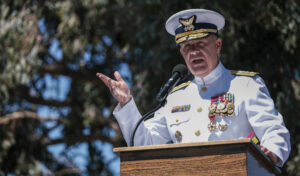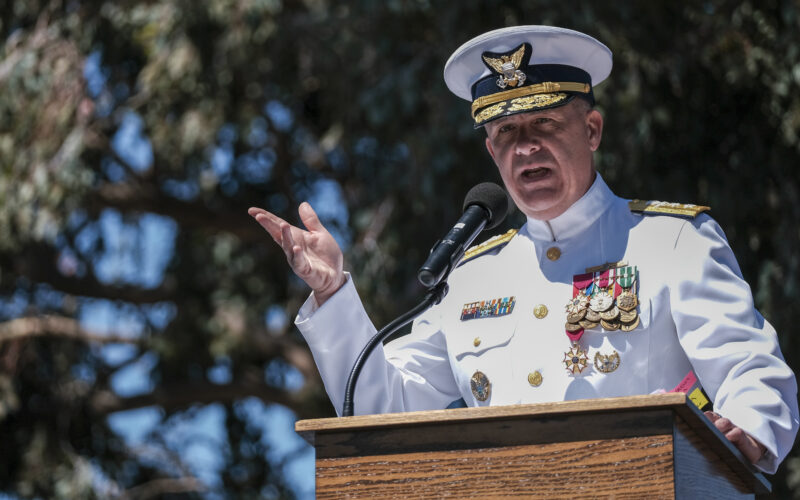(WASHINGTON) — The U.S. Coast Guard says it will not enforce a new California Air Resources Board (CARB) regulation pertaining to commercial harbor craft, citing safety concerns, The Center Square reported.
The Coast Guard and business organizations oppose CARB’s requirement that owners and operators of commercial harbor craft install diesel particulate filters (DPFs), which have been linked to a number of fires. DPFs capture nearly all the soot and other particulate matter leaving a diesel engine. This highly flammable material is cleared out by DPF “regeneration” — bringing the engine up to high speeds and heat to make the built-up material catch on fire to clear itself out.
This regeneration process is a much higher temperature than combustion and produces carbon dioxide, water vapor and much smaller levels of soot. While DPF filters reduce immediate particulate pollution, they are linked to many fires, including a 3,600-acre fire in Washington state.
Rear Adm. Andrew Sugimoto, who commands the U.S. Coast Guard’s Eleventh District that stretches from the California-Oregon border to Peru, wrote a letter to CARB detailing his issues with the pending DPF requirement, citing “potential fire safety issues associated with DPFs,” “feasibility and potential stability issues,” and “potential safety issues over DPF operating temperatures and the fire load of the vessel due to varied hull materials.”

“DPFs verified by CARB may not necessarily be accepted by the Coast Guard for installation on inspected commercial vessels,” continued Sugimoto. “Coast Guard inspectors will not perform emissions tests on vessels operating in U.S. waters to evaluate DPF system performance. Therefore, please note that the Coast Guard will not enforce California’s (commercial harbor craft) regulation.”
The American Waterways Operators (AWO) also opposes the rule. The group said retrofitting each tugboat or other commercial harbor craft by the state’s deadline 10 months from now would cost $5 million per boat – cash many operators don’t have, and due to the lack of available dry docks, physically impossible to complete on time.

